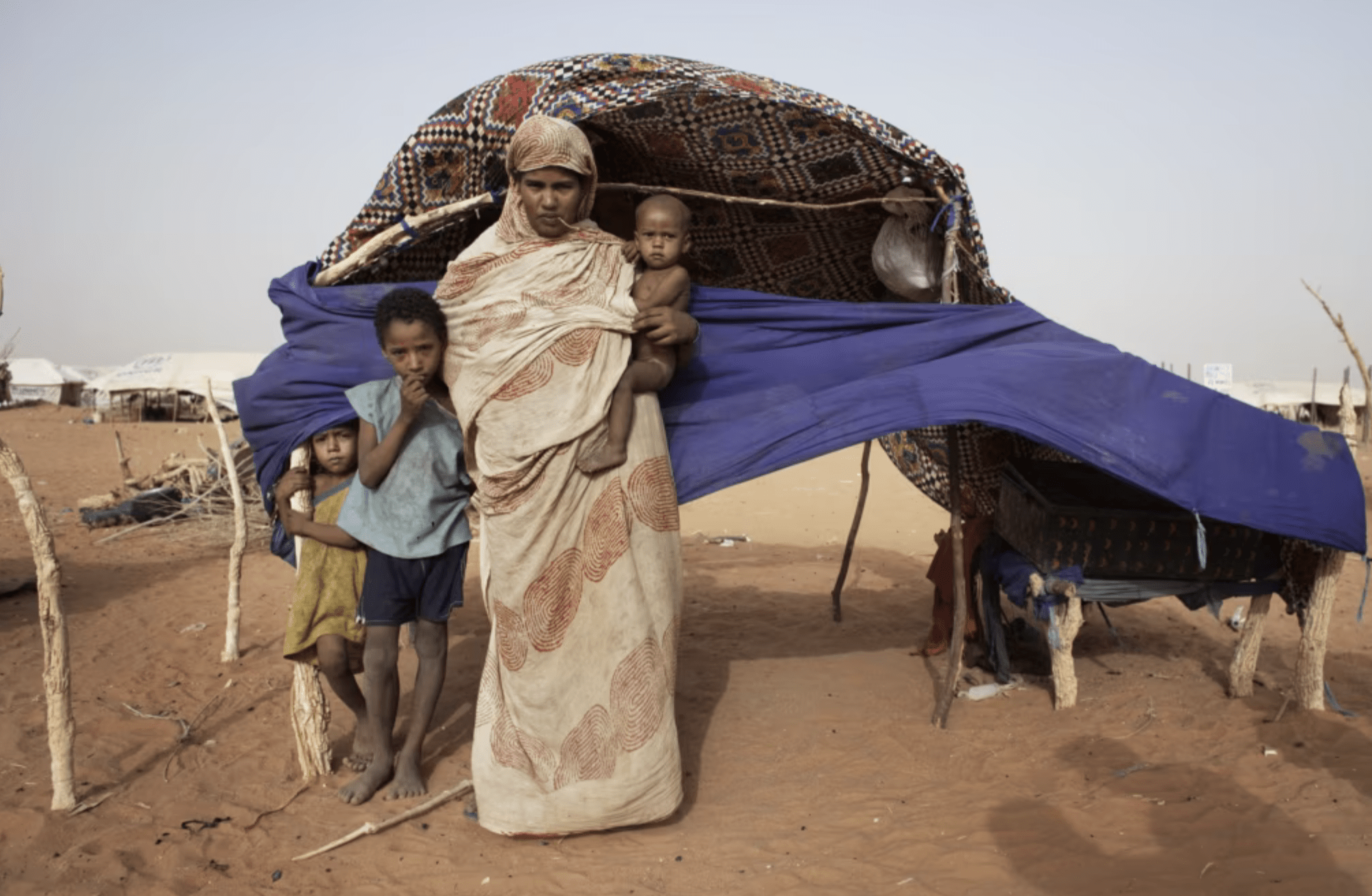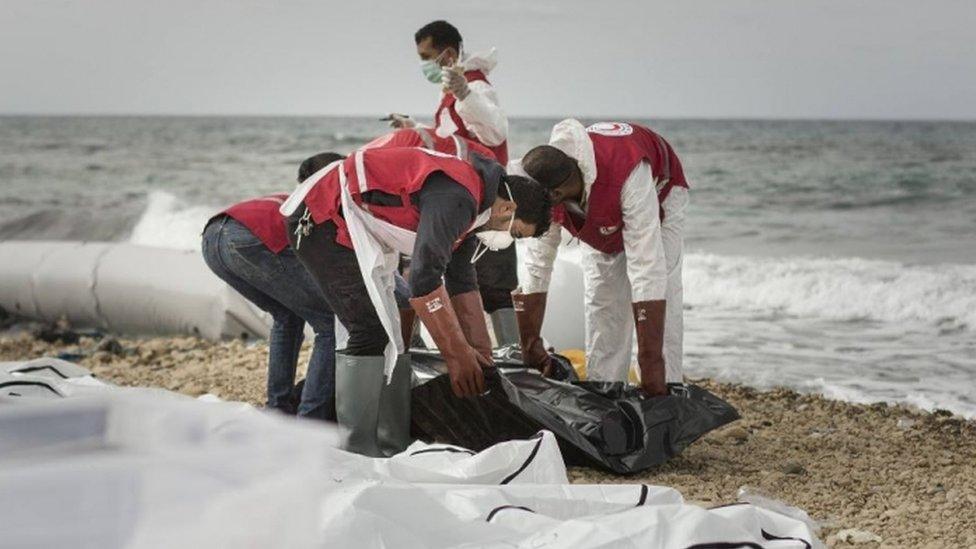Mauritania: Global humanitarian aid cuts impact Malian refugees

International humanitarian aid and development agencies have been impacted after Trump slashed funding and reduced operations for the USAID, which was the world’s largest foreign aid agency. Food and other essentials are now harder to come for Malians refugees in Mbera, Mauritania who are suffering from the US policies, according to the Guardian.
Mauritanian WFP Director Aliou Diongue said that global aid cuts means that they have less resources for the Malians in the south-eastern region of Hodh El Chargi, which borders the native country of the refugees. He says they are currently trying to focus on the most vulnerable people and trying funding from other sources.
In the past, Diongue revealed that every month they were able to provide cash and food for 90,000 people. However, as a consequence of the cuts, only 56,000 refugees have access to their monthly aid, and nutrition programs for some malnourished children and women were halted.
154,000 refugees have fled ethnic violence and jihadist terrorism and are residing in the Mauritanian region that borders Mali, and more people are crossing into the country everyday, which worries the aid organisations who are already under pressure. At first, the Mbera refugee camp started with a few thousands temporary tents.
The permanent settlement now hosts close to 120,000 Malians with half of them being under 18. Mbera is now the third-largest city by population in Mauritania, and social life has naturally developed with a bank, schools, sports programmes, and a market with hundreds of shops.
Local initiatives prevent frequent wildfires in the arid region, and a women’s network is providing assistance for mutilated women who suffered grave injuries from violence experienced in Mali. They’re also providing antenatal and postnatal care for pregnant women as well as promoting education for young girls.
While the network wants to do more for their community, they admit that the lack of financial resources and materials are their biggest challenge since they have enough volunteers to carry out more initiatives.
Recent rice donations from the South Korean government have eased the situation, and other donors funded farming initiatives that are helping the refugees raise their standard of living. However, a local resident, Mohamed Ag Malha, says that the aid is very volatile and while the camp has become their new home.
He adds that their dependence on aid is not dignifying, and while it’s not currently possible, he would prefer to live and earn a wage in Mali. Mahla also thanked the Mauritanian authorities and humanitarian organisations for their crucial help.
In January 2025, Mauritania announced that it had started producing gas after years of development, and the national company is cooperating with Algeria’s state-owned oil company to train its workforce. This economic activity might help the Mauritanian government provide even more help to the Malian refugees.
The Guardian, Maghrebi.org
Want to chase the pulse of North Africa?
Subscribe to receive our FREE weekly PDF magazine














